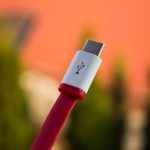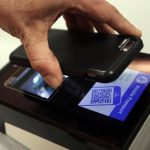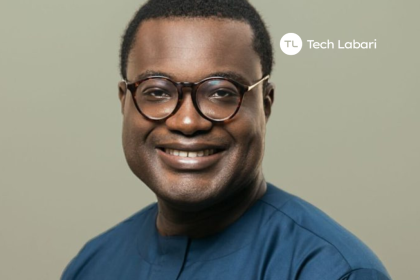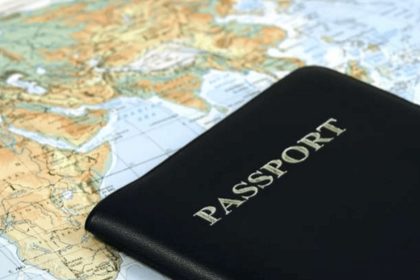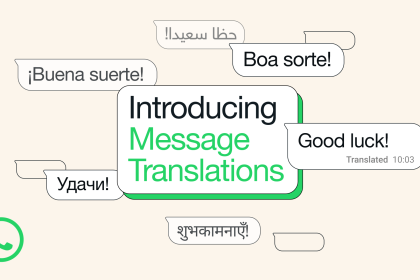A few weeks back, Vodafone rejigged its branding and logo in a bid to encourage people to think more optimistically about the future and reaffirm the fact that Vodafone would be with them every step of the way.
It’s no longer ‘Power to you’. Vodafone is now asking the question: ‘The future is exciting. Ready?’ in the newest iteration of its tagline, which was rolled out with an exciting online video commercial, with different language variations of Hello.
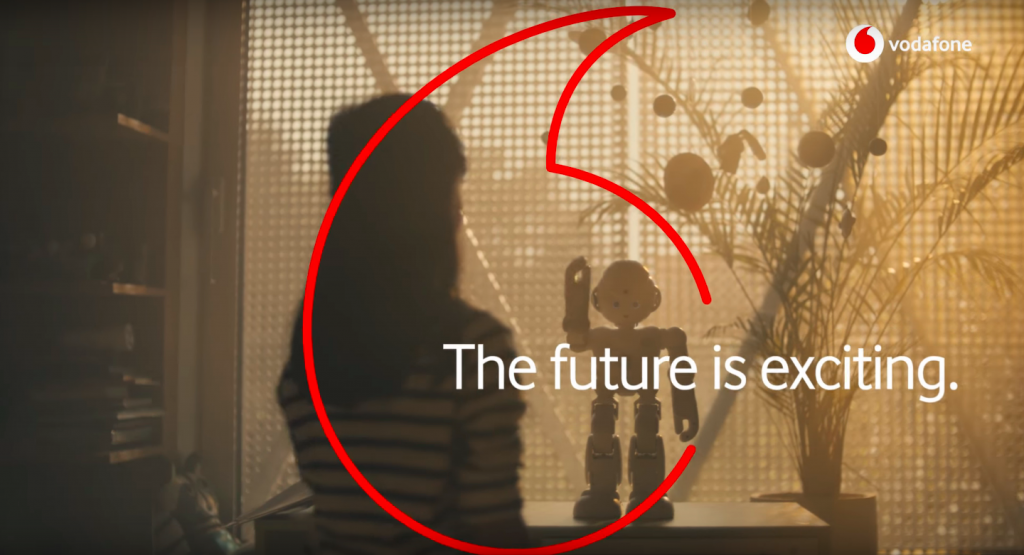
The Ad focuses on the evolution of the telecoms brand and communications at large, taking us on a journey through calling up operators in the 1960s to picking up the heavy bricks of the 1980s. The short film, however, concentrates on the future – the key focus of Vodafone’s repositioning. Of course Ghana wasn’t left behind, with the yellow, red and green colours well adorned and the black star in view.
Vodafone Ghana CEO, Yolanda Cuba, had this to say about the new brand positioning:
“Technology is undergoing tremendous changes globally, influenced by rapid innovation and the desire by customers for efficiency and expansion of digital services. Our repositioning and new visual identity, which finds expression in the strapline, “The future Is exciting. Ready?” will completely transform how we engage and will give customers reasons to be optimistic about the future. It is also aligned with our vision to ignite Ghana’s digital revolution.” (Citi Fm)
But really, is Ghana ready for the future Vodafone envisions? Are Ghanaians ready to take the bull by the horns and go all digital?
In the grand scheme of things, Vodafone’s rebrand as it applies to Ghana is something of an anticipatory move. It’s an attempt by the organization to play a pioneering role with the changing world as Ghana starts to adopt.
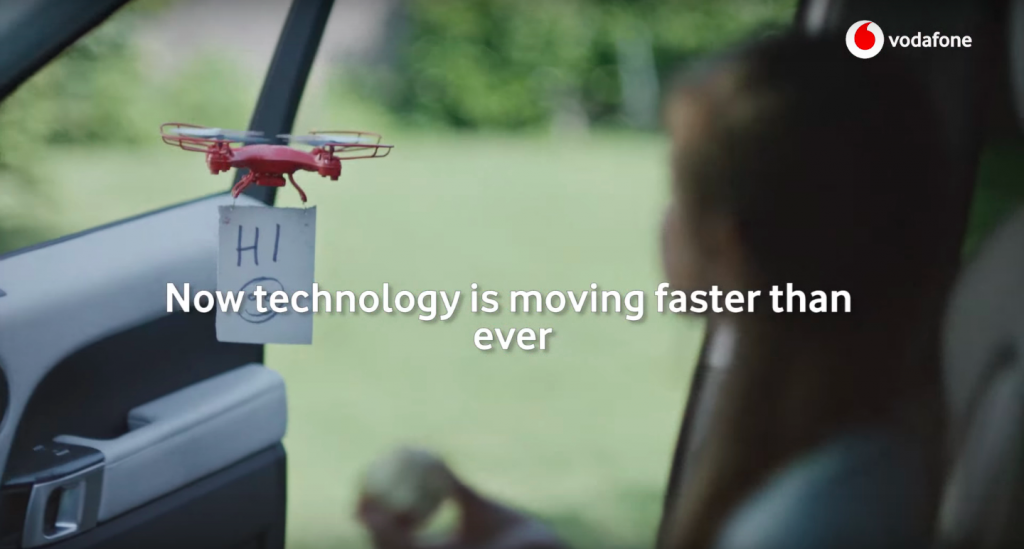
The announcement made me smile for two reasons. Firstly, it’s always good when the leading light of an industry feels bullishly confident about the future. Secondly, it shows that Vodafone has invested serious time and money in working out how it’s going to deliver meaningful brand engagement and actually add value to the Ghanaian people.
The unwritten truth here is that telecom operators, not just Vodafone, have had their worlds turned upside down over the past few years. They are all having to deal with deep structural changes in technology as it pertains to Africa. I mean, we have Tigo and Airtel attempting a merger that would put them at the number 2 spot when it comes to telcos in Ghana. Competitors are changing the rules.
They all see a future where the customer is king. Where Ghana moves from a mobile money system to a fully digital system, where data is absolutely next to free and where their sustenance is heavily based upon excellent and easily accessible customer service. They see these things and it freaks them out.
A combination of these factors has led to something of an operator identity crisis. All have been asking themselves ‘where and how do we offer value today, and how do we build on this to prosper in the future?’
This is where Vodafone’s rebrand comes in. They see an opportunity to connect with the Ghanaian populace and tell the narrative of – look we know Ghana isn’t there yet, but we’re leading the revolution, and we want to partner with you because that’s where the rest of the world is heading.
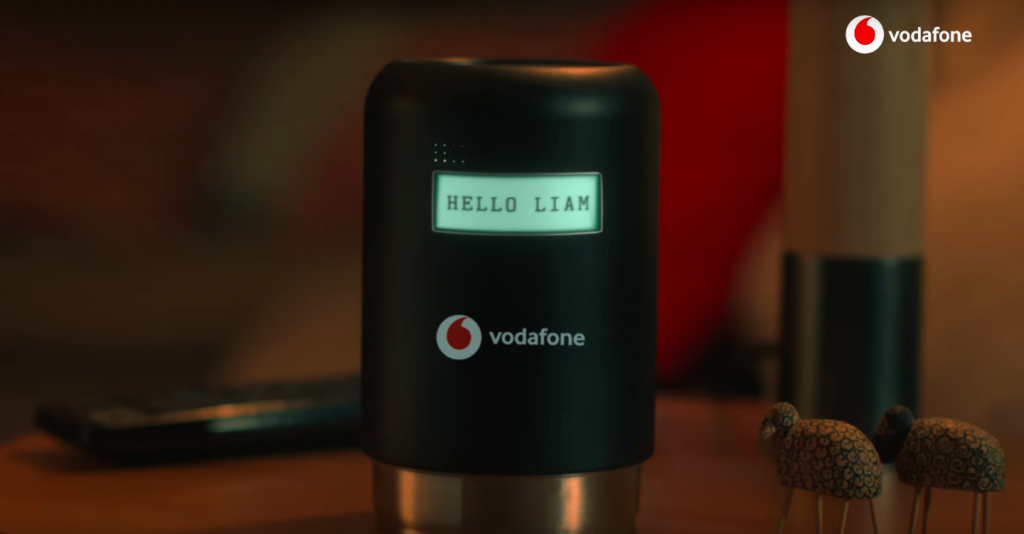
The short film shows a little boy fly a drone, a college student wake his room up with a home automation system, a young lad staying in touch with his mum with the use of a smartwatch and a little girl practice the art of imaginative robotics. This tells the story of possibilities. There is no shortage of possibilities. New revenues for the telcos will likely come from the Internet of things, increasingly more mergers, contextual marketing services, greater network and service efficiencies using AI etc.
This is where the future is invariably headed, and Vodafone Ghana wants Ghanaians to key into that future. While that is far-fetched in terms of when this might happen, it’s a good move, to say the least.
Knowing the country we live in, not all consumers and marketers will buy into the optimism of ‘The future is exciting. Ready?’ But the messaging and new campaign will, at least, serve as an interesting, futuristic distraction that dictates the pace of the entire industry.




